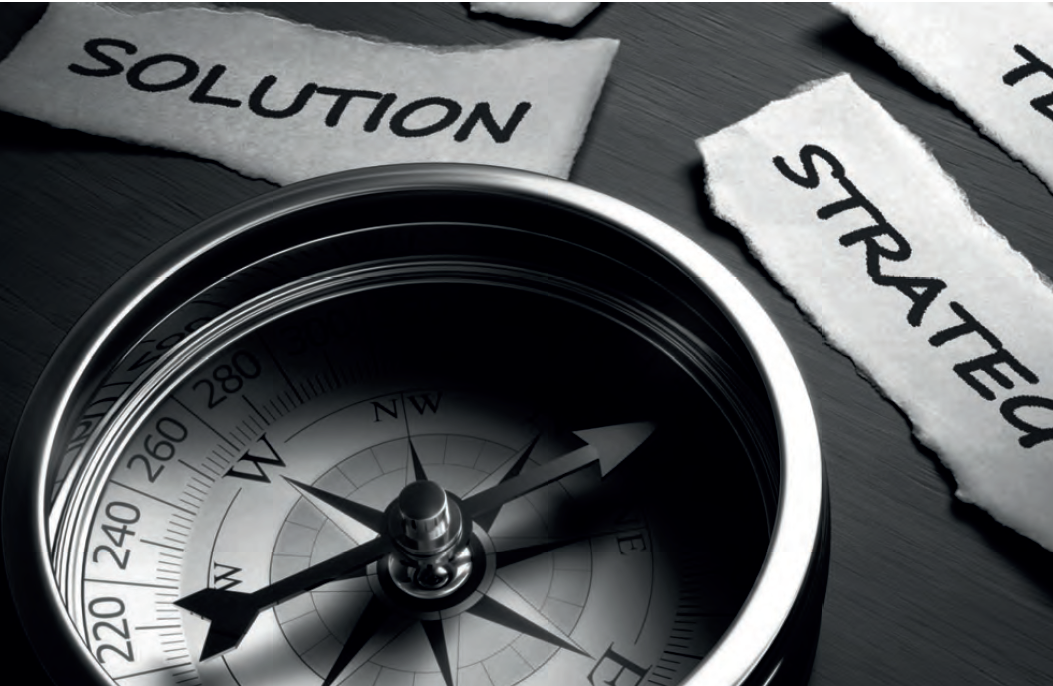Unlimited digital access to all our Premium contents
Plans starting at less than ₦2000/month. Cancel anytime.


Many of us resort to breaking the proverbial bank in a bid to give our children the finest education possible,…
Nigeria is undoubtedly a highly populated country with an estimated population of above 170 million people. The population is also…
Ten years in the life of an organisation is no doubt, a huge milestone. It all started with fanfare, glitz…
On Thursday 15th November, the United Nations and Nigeria’s business leaders will partner up to support millions of people in…
This topic is timely as the Chartered Institute of Personnel Management (CIPM) Nigeria marks its golden jubilee. The human resource…
The dictionary.com defines diversity to be a state or fact of being diverse; difference; unlikeness: diversity of opinion. Diversity is…
In December 1823, US President James Monroe articulated what would become one of the most enduring pillars of American foreign…
Nigeria’s removal of fuel subsidies in late May 2023 and the shift toward a more market-reflective foreign exchange regime have…
Every organisation must understand that demand will not be captured through competition alone but will be shaped or granted by…
Boards rarely fail because they lack intelligence. They fail because they underestimate where judgement is required. In 2026, artificial intelligence…